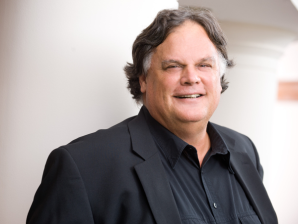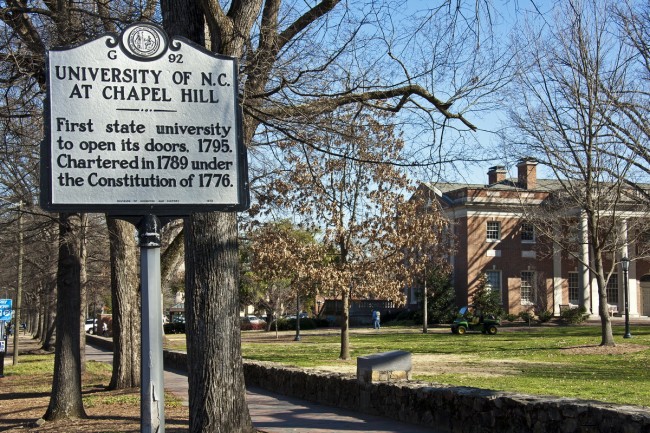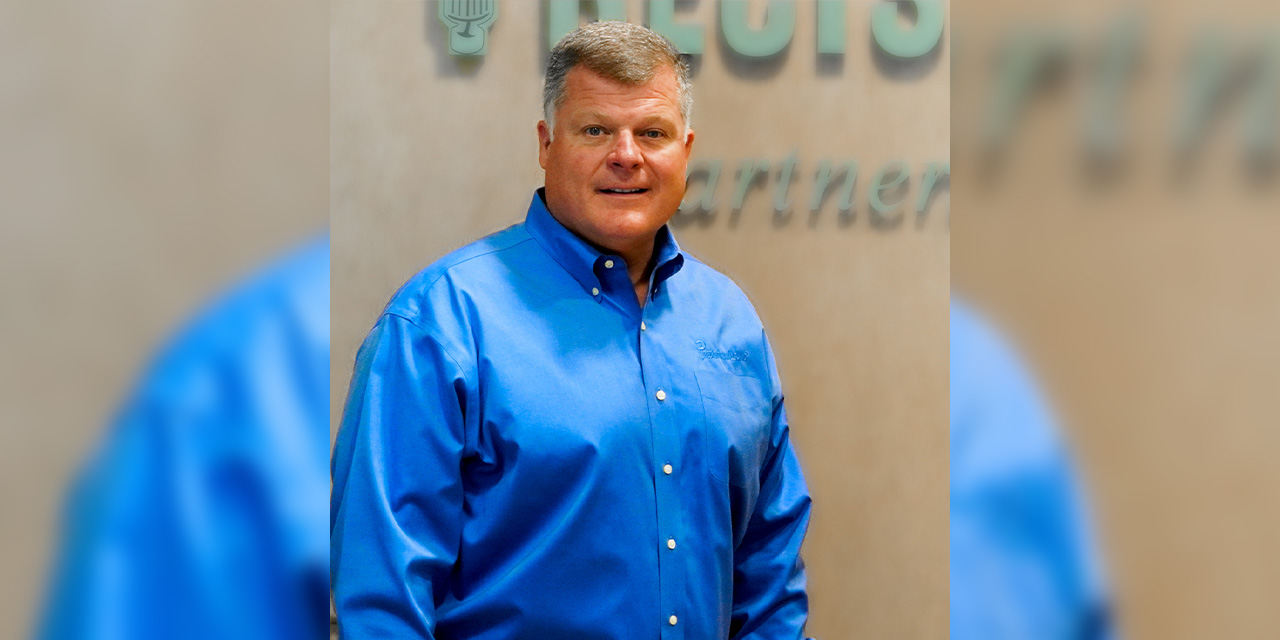Rising from the ashes of the UNC Center on Poverty, Work and Opportunity, the newly announced Poverty Research Fund continues to spotlight North Carolina’s poorest citizens, as an outspoken professor continues to take on adversaries who want to shut down that work at the university.
UNC Law Professor Gene Nichol, who ran the UNC Center on Poverty, is a favorite target of conservative think tanks. On many occasions, he has sharply, and publicly criticized the Republican-controlled state General Assembly, and Republican Gov. Pat McCrory.
In February, the Center on Poverty was closed by the UNC Board of Governors, even though it received no state support. Accusations of politically motivated payback followed.
And the battle continues. Recently, Nichol announced the formation of the UNC Poverty Research Fund. Heather Hunt works with Nichol, and her work at the UNC Center on Poverty pre-dated his by at least a couple of years.
She explained the basic difference between the center, and the Poverty Research Fund.
“Outreach, convening events, working with students across campus – that’s more of what a center does,” said Hunt. “A research fund is, really, an extension of an individual professor’s research interests. So it’s much more focused on the research.”
In his recent announcement of the Poverty Research Fund, Nichol expressed gratitude for the support he’s received in the past few months. Hunt said the Research Fund has received numerous private gifts. All told, she said, there’s enough funding available to keep the research project afloat “for the foreseeable future.”
“Some of it is just a continuation of funding that the [Poverty] Center had received to do research, that was then re-routed to the fund,” said Hunt. “Other than that, it was through the Z. Smith Reynolds Foundation, and they’ve been very supportive all along, as we’ve gone through this turmoil.”
The first research project on the Fund’s priority list is a two-year-study called “Putting a Face on Poverty in North Carolina Communities.”
Hunt said the idea grew out of a series of columns Nichol wrote for The News and Observer. She said that more in-depth research Is planned in some North Carolina communities. So far, those places include Charlotte, Salisbury, Durham, Asheville, Goldsboro, Roper, Lumberton and Greensboro.
“In Greensboro, we’re looking at hunger,” said Hunt. “Greensboro is one of the hungriest cities, by one research study, in the United States. Why is that? What’s going on? What’s the story of hunger in Greensboro? So, we’re trying to dig down a little deeper into some of these topics, and give them the space that they deserve.”
Nichol hasn’t minced words about the closing of the Poverty Center – he called it “censorship.” If that’s true, did censorship backfire, in this case? Or did Nichol’s influential adversaries manage to do some damage? Hunt said the answer is: both.
“We’ve spent an unhealthy portion of the last year responding to record requests – which, you know, are fine, but they were used in a abusive way,” said Hunt.
The record requests came from the conservative Civitas Institute, which wanted Nichol’s UNC-related emails, text messages, calendar entries, and other communications. Hunt said it distracted researchers from their work, and that, along with the Board of Governors process, cast of pall of uncertainty over the future of that work.
Civitas is still going after Nichol. In a recent WRAL story about the Poverty Research Fund, Civitas Director Francis De Luca insinuated that Nichol’s teacher salary is going, at least in part, toward running a nonprofit, while he is – to use De Luca’s term – “supposedly” teaching law.
Hunt fired back.
“It’s not true,” said Hunt. “He would get paid that anyway to teach that class, as he does now. He does everything else on top of that. And he works really hard to make sure that it’s done well.”
Civitas isn’t the only conservative organization ready to keep the fight going. On Monday afternoon, the John W. Pope Center for Higher Education Policy sent out a press release questioning the Poverty Research Fund’s “ethics and legality” under school rules.
Nichol responded in an email to WCHL. He wrote: “Faculty members are not prevented from doing research on poverty at the University of North Carolina.”










Comments on Chapelboro are moderated according to our Community Guidelines